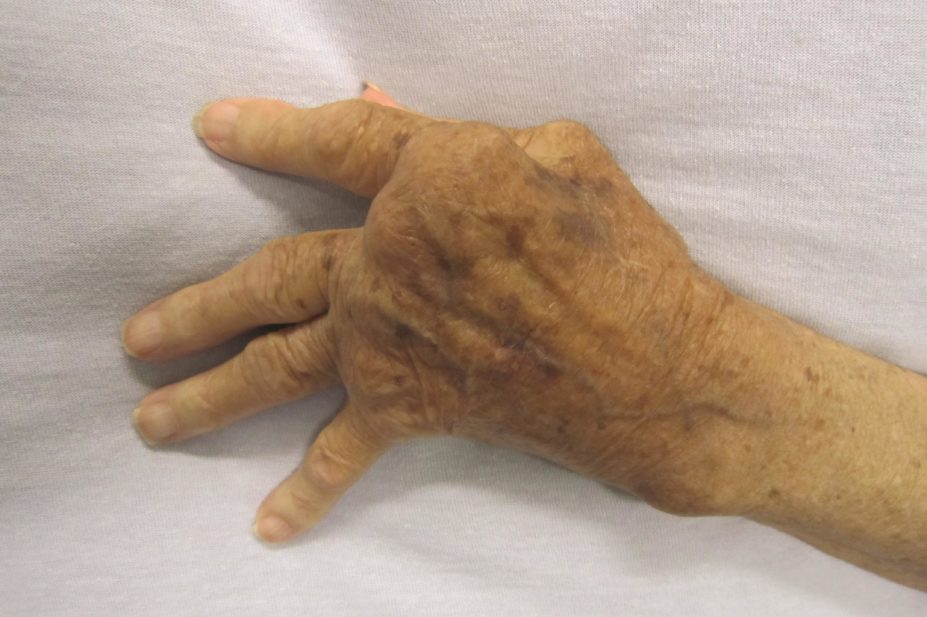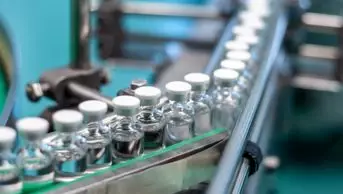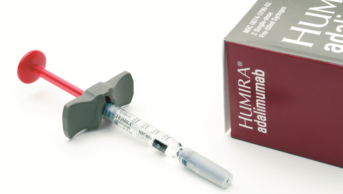
James Heilman, MD / Wikimedia Commons
NHS trusts should appoint pharmacy and clinical champions to lead on biosimilar medicines, according to advice[1]
on the introduction of biosimilar versions of infliximab published by the National Institute for Health and Care Excellence (NICE) on 3 August 2015.
Trusts should consult widely on the adoption of infliximab biosimilars — including gauging the views of patients — so that there is confidence in the products, the resource says. Trusts should also collect evidence to support the use of the products and highlight potential cost savings.
The resource, based on the experience of two hospital trusts and their journey to adopt the branded infliximab biosimilars Inflectra and Remsima, says once there is a consensus to use a biosimilar, approval should be sought from the local formulary committee. Only branded biosimilars should be prescribed, it recommends.
Infliximab’s originator biological medicine Remicade was approved in Europe in 1999. Remicade is licensed to treat rheumatoid arthritis, ankylosing spondylitis, psoriatic arthritis and psoriasis in adult patients, along with adult and paediatric Crohn’s disease and ulcerative colitis.
In September 2013, the European Medicines Agency authorised branded biosimilar versions of infliximab — Inflectra (marketed by Hospira UK) and Remsima (marketed by Celltrion Healthcare Hungary but distributed in the UK by Napp Pharmaceuticals).
The pharmaceutical form, strength, therapeutic indications and dosing regimens of the biosimilars and the reference medicine are the same, says NICE. The biosimilars were launched in the UK in February 2015.

